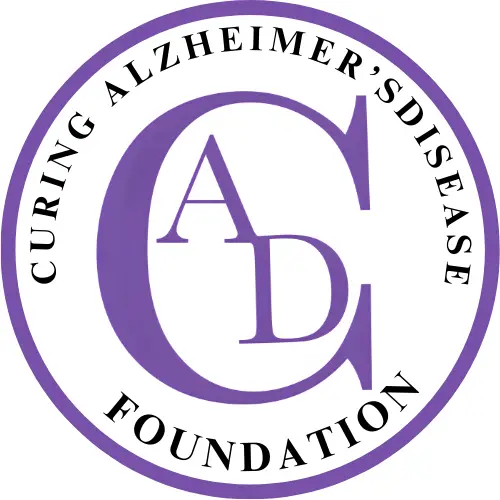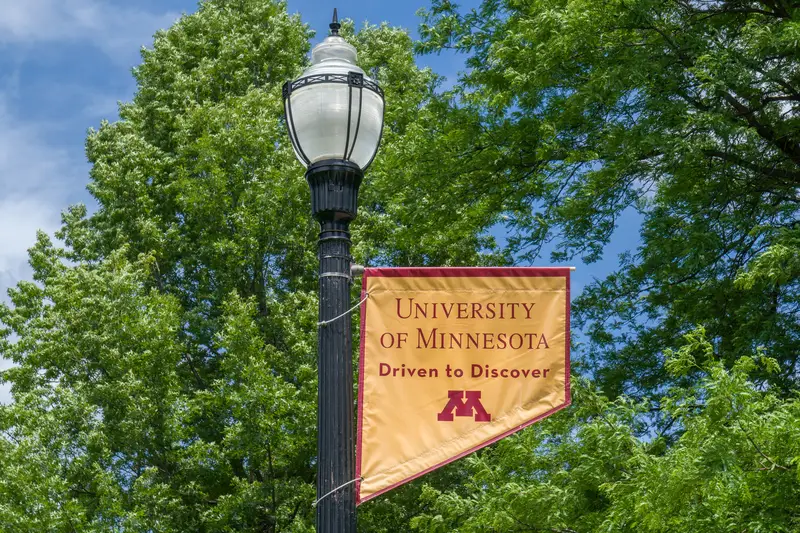
The Alzheimer's Legacy Lab
This revolutionary scientific lab at the University of Minnesota, is investigating the Irrefutable Connection Between
Periodontal Disease & Alzheimer’s Disease
Meet The Researcher - Dr. Liam Chen MD PhD
Dr. Liam Chen is the Principle Investigator (PI) for The Alzheimer’s Legacy Lab. His current appointment is Director of Neuropathology at the University of Minnesota’s Medical School. Prior to coming to the University of Minnesota, Dr. Chen worked at Harvard and John’s Hopkins Universities. Dr. Chen’s focus in Neurodegenerative Diseases: specifically, Alzheimer’s and Parkinson’s made him the ideal choice to lead this ground-breaking research. In his opinion, Dr. Chen sees the CAD Foundation’s new “shackles-off” approach to research funding as the key to true innovation, and is confident, with The CAD Foundation’s support, his work will unquestionably accelerate science’s understanding of what causes Dementia and how to cure it.
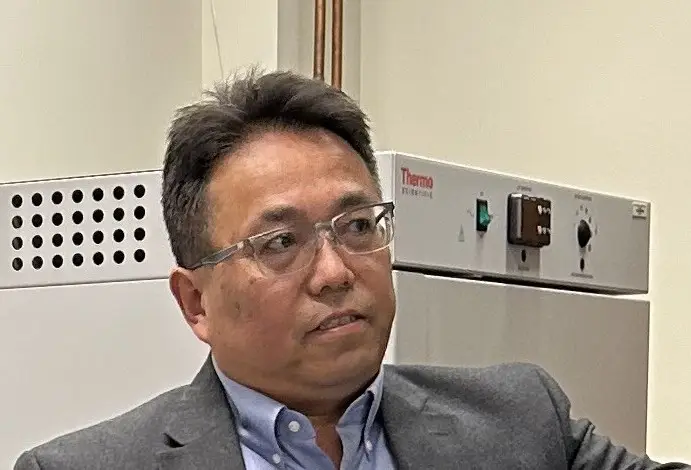
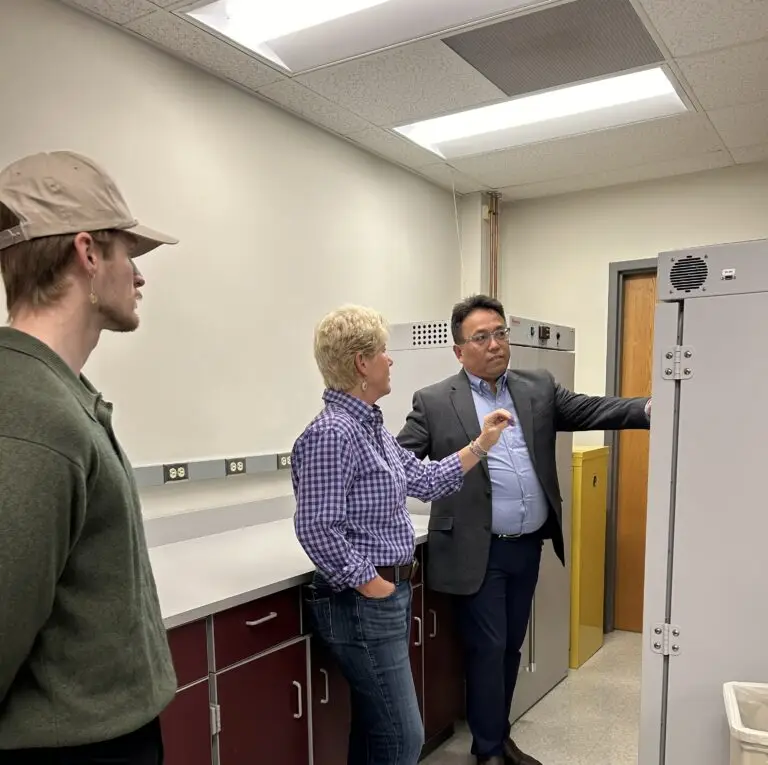
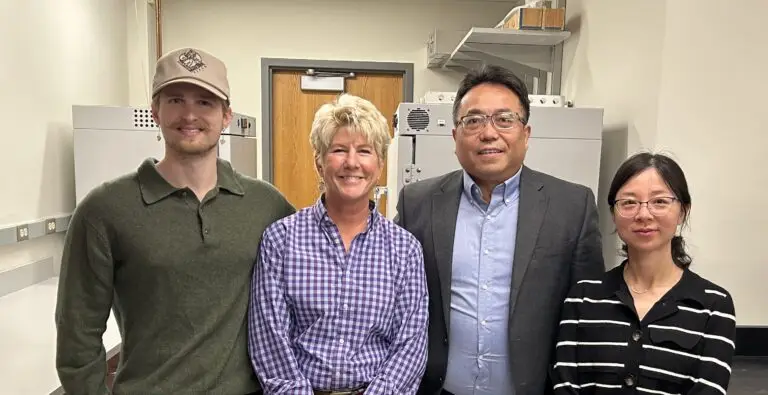
It's called the Microbial / Infectious Hypothesis of Alzheimer's Disease
This Hypothesis was Alzheimer's Competitor's Theory...
Dr. Oskar Fischer took one look at Patient #1’s teeth and immediately connected her severe gum disease to her brain-wasting condition. And unsurprising to he and his research team, her autopsy discovered oral bacteria in the brain. Excited with this novel finding, Fischer went on to perform dozens of autopsies to support his theory that oral bacteria was somehow getting into the brains of these patients with brain-wasting senility.
Alzheimer, on the other hand, did very few autopsies. But he did make sure to publish his data and speak frequently on his theory, which gave rise to the disease being named Alzheimer’s. But because there were so few cases of this form of dementia back in the early 1900’s (our life expectancy was too short), interest in the topic waned – causing both researchers’ theories to loose traction.
But as medical advances have extended our life expectancy, we’re seeing more of this brain wasting disease (it’s age-related first and foremost). And with that, came a dusting off of both theories – Alzheimer’s and Fischer’s.
Initially, because Alzheimer had published his data, his theory was the first that modern researchers grabbed onto. Now known as “The Amyloid Cascade Hypothesis” of Alzheimer’s – this theory rests upon the idea that proteins such as Amyloid and Tau are causing the brain-wasting disease. But in the last 20 years, our new understanding of the brain supports that these supposedly harmful proteins are actually the brain’s immune response to foreign invaders – like microbes from the body (the mouth most often). This sudden break-through essentially resurrected Fischer’s Microbial/Infectious Hypothesis, causing it to gain ground over Alzheimer’s Amyloid Hypothesis to the point that AI now suggest that a vast majority of Alzheimer’s is actually caused by oral bacteria.

Collaborative Research Support
The CAD Foundation collaboratively supports cutting-edge Alzheimer’s research in order to bring about a cure faster…by staying with our research team, listening to what they need, and to doing what it takes to see the science through, together. Our scientific board, comprised of an astounding array of medical industry leaders, provides real-time journal articles showcasing observed overlaps between Alzheimer’s and the discipline they contribute to.
A World Without Alzheimer's
We envision a future where Alzheimer’s disease is preventable and treatable. Our present missions (to fund Alzheimer’s research and to empower individuals through education on prevention), tackle this goal today and into the future so that one day we will have a treatment!

